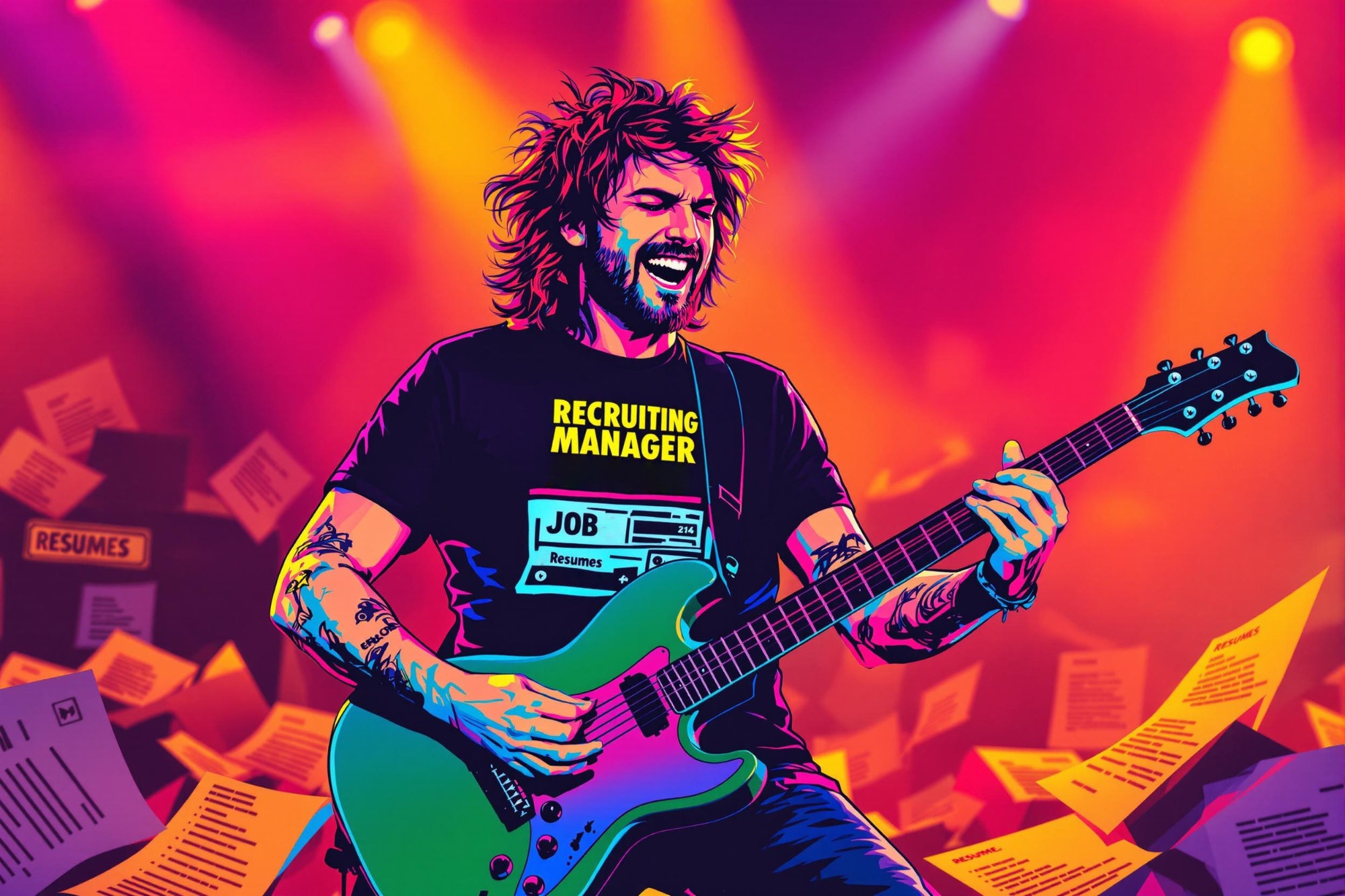
CNN
CNN (Convolutional Neural Network) is a popular method used in artificial intelligence to help computers understand and analyze images and videos. Think of it as a digital brain that's particularly good at recognizing patterns in visual data, similar to how humans can easily identify objects in photos. It's widely used in various applications like facial recognition, self-driving cars, and medical image analysis. When you see CNN on a resume, it usually means the candidate has experience with advanced image processing and deep learning techniques. Other similar technologies include RNN (Recurrent Neural Networks) and GAN (Generative Adversarial Networks). These are all part of what's called "deep learning" or "machine learning" tools.
Examples in Resumes
Developed CNN models for automated quality control in manufacturing
Implemented CNN and Convolutional Neural Network architecture for facial recognition system
Applied CNN algorithms to improve medical image diagnosis accuracy
Typical job title: "Computer Vision Engineers"
Also try searching for:
Where to Find Computer Vision Engineers
Online Communities
Professional Networks
Example Interview Questions
Senior Level Questions
Q: How would you explain the business value of using CNNs in a project to non-technical stakeholders?
Expected Answer: A senior candidate should be able to clearly explain how CNNs can save money and time by automating visual tasks, provide specific examples from their experience, and discuss ROI in business terms rather than technical details.
Q: What approach would you take to improve a CNN model that's not performing well?
Expected Answer: Should demonstrate problem-solving skills by explaining different strategies like data augmentation, architecture modifications, and training adjustments in simple terms, with real-world examples.
Mid Level Questions
Q: What kinds of problems are best solved using CNNs?
Expected Answer: Should be able to explain that CNNs work best with image-related tasks like object detection, face recognition, and quality control, providing clear examples from their experience.
Q: How do you ensure your CNN model will work well with new, unseen data?
Expected Answer: Should explain concepts like testing, validation, and data diversity in simple terms, focusing on practical approaches to ensure the model works reliably.
Junior Level Questions
Q: What experience do you have working with CNN projects?
Expected Answer: Should be able to describe basic CNN projects they've worked on, even if they're academic or tutorial-based, and explain what they learned from them.
Q: What tools have you used to implement CNNs?
Expected Answer: Should mention common tools like TensorFlow, PyTorch, or Keras, and describe basic projects they've completed using these tools.
Experience Level Indicators
Junior (0-2 years)
- Basic understanding of CNN architecture
- Experience with common AI libraries
- Simple image classification projects
- Data preparation and preprocessing
Mid (2-5 years)
- Custom CNN model development
- Performance optimization techniques
- Integration with other systems
- Problem-solving with real-world data
Senior (5+ years)
- Advanced CNN architecture design
- Project leadership and mentoring
- Complex system architecture
- Business impact optimization
Red Flags to Watch For
- No practical experience with real image data
- Unable to explain CNN concepts in simple terms
- No understanding of data preprocessing requirements
- Lack of experience with common AI development tools
Related Terms
Need more hiring wisdom? Check these out...

Global Compliance Checks: The Hidden Puzzle Pieces of Background Screening Revealed

Who’s Really Running Your Interviews? How to Reduce Bias in Remote Hiring

When Job Ads Dance: Why Your Next Hire Might Come From a 20-Second TikTok

